Airbus (AIB, Toulouse Blagnac) has formally unveiled an ultra-long-range variant of its A321neo family of jets.
In a statement issued during the 2019 Paris Air Show at Paris Le Bourget, the European manufacturer said its A321neo(XLR) would be capable of sectors of up to 4,700 nautical miles (around 8,700 kilometers), around 15% more than the A321neo(LR) which can reach 4,000 nautical miles (7,400 kilometres).
The single-aisle jet will offer 180-220 seats in a two-class configuration. In terms of engineering, it will feature a new permanent Rear Centre Tank (RCT) (which will supplement the Auxiliary Centre Tanks (ACT) currently found in the -LR variant), a modified landing gear for an increased maximum take-off weight (MTOW) of 101 metric tonnes, and an optimised wing trailing-edge flap configuration to preserve the same take-off performance and engine thrust requirements as the existing A321neo.
The new optimised RCT will hold 12,900 litres of fuel while taking up less space in the cargo hold – thus freeing-up underfloor volume for additional cargo and baggage on long-range routes.
Airbus expects to start delivering the XLR variant from 2023 onwards. No launch customer or operators were named during the event although MEA - Middle East Airlines' chairman Mohamad El Hou has publically stated that his airline would want that privilege of debuting the type in 2023. Reuters has indicated that up to 200 orders could be announced during the course of this week.
Meanwhile, Boeing has held off unveiling its much anticipated NMA product with Kevin McAllister, the President and Chief Executive Officer of Boeing Commercial Airplanes, telling a press conference in Paris that the business case for the aircraft was still being refined.
"If we move forward, it will offer twin-aisle comfort at single-aisle economics," he said.
In the meantime, the executive said Boeing will continue working on returning the B737 MAX to service while applying the lessons learned as a result of the grounding debacle to its current portfolio of products, the nascent B777X programme in particular.

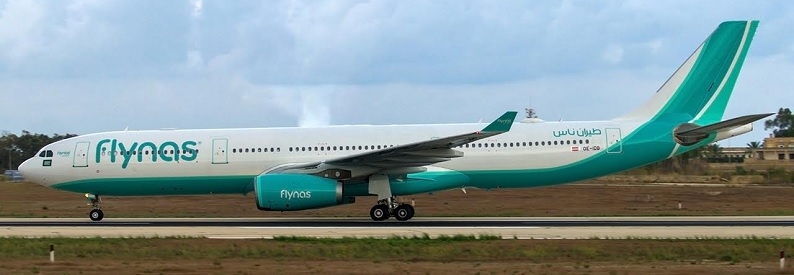
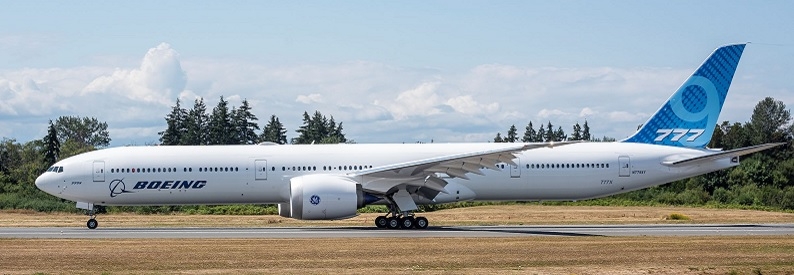
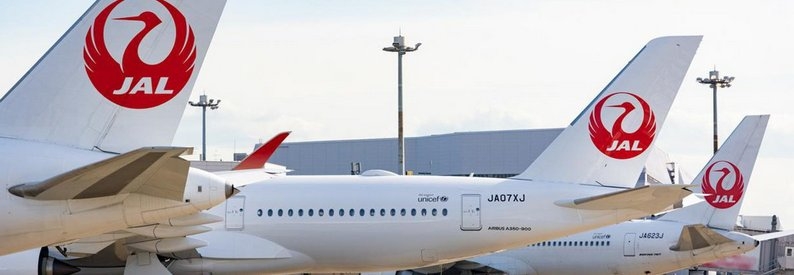
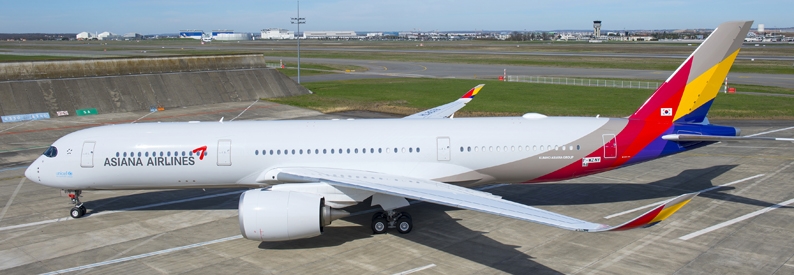
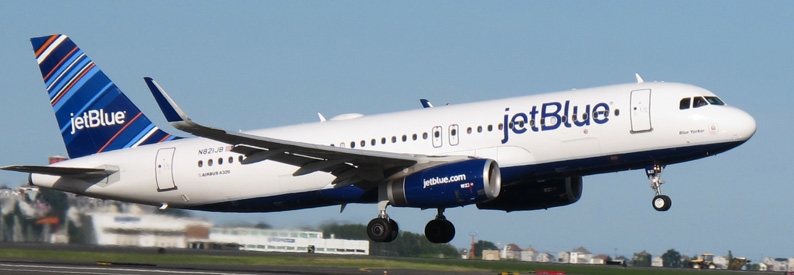
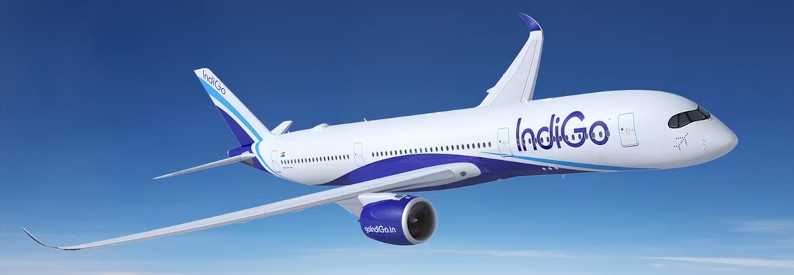
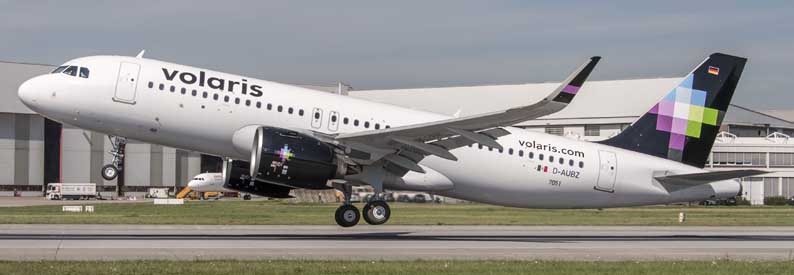
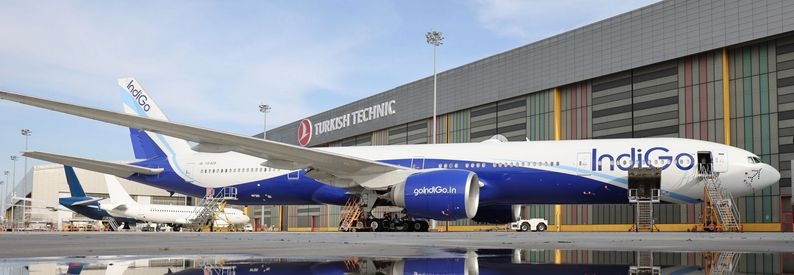
Editorial Comment: Clarifies presence of the RCT vs the ACT. - 17Jun2019 - 10:15 UTC